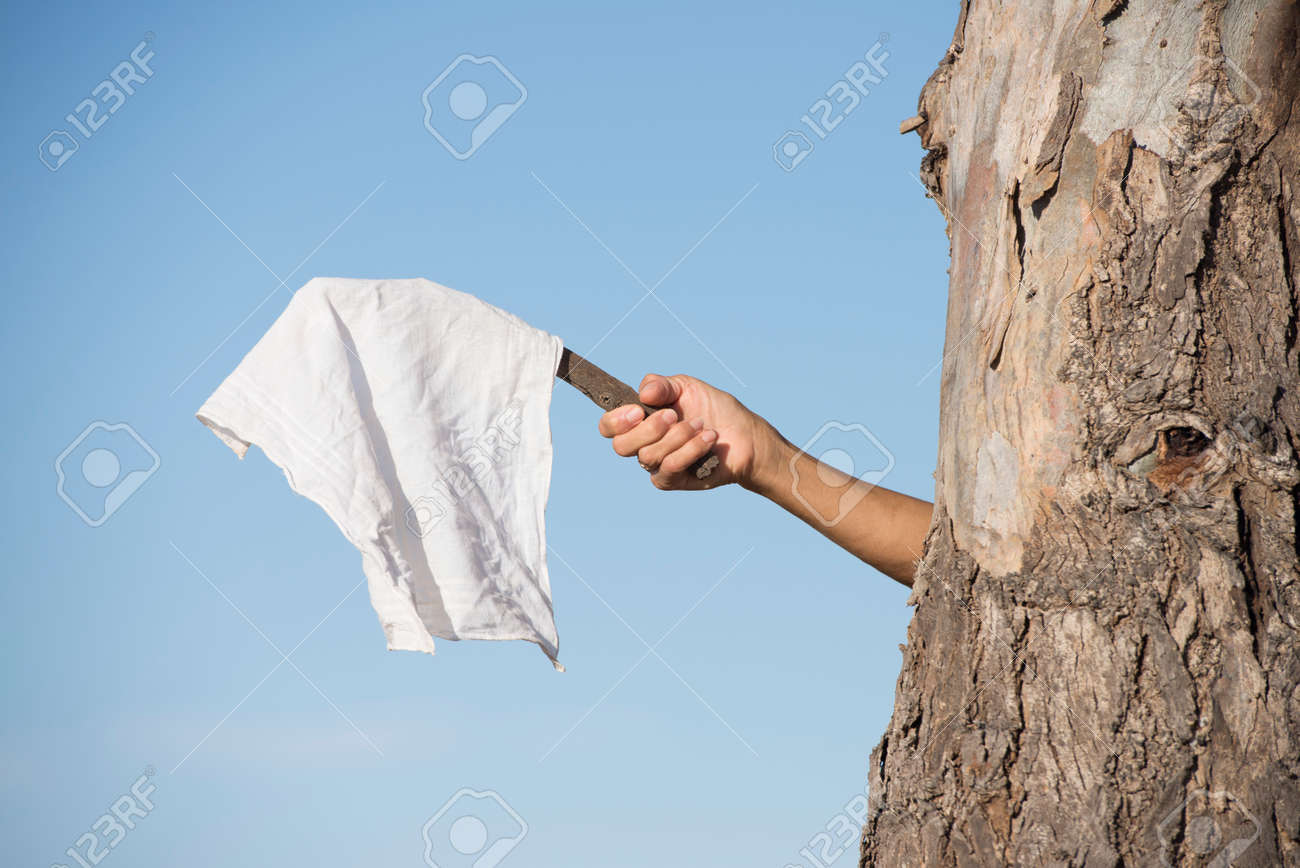I digress, but I will say that part of the reason that I became a lawyer in a rural area was the influence of To Kill a Mockingbird and the ideal of Atticus Finch.
BBM. I am quoting myself to make a point about so-called "victim shaming."
You will recall in the book referred to above, that Atticus was appointed by Judge Taylor to represent Tom Robinson, a black man who had been accused of raping Mayella Ewell, who was a white woman. If found guilty, Tom faced the gallows.
Everyone in Maycomb County thought they knew what had happened. Mayella said that she had asked Tom to come over to her house to bust up an old chifferobe for firewood, that Tom had made sexual advances, beat her up and tried to rape her. All of the townspeople were upset, and wanted Tom hanged. People harrassed Atticus for daring to defend the guilty black man, and his small children were taunted that their father was "n****r lover."
What was the truth, though? Atticus got Miss Mayella to admit that she was the one who had made sexual advances toward Tom, who fled, but when Mayella's father, Bob Ewell, the town drunk, discovered what she had done, he beat her, causing her injuries. Then to hide the beating and shame and to set themselves up as victims and heroes, they accused poor Tom of rape.
What if old Atticus wasn't allowed to question the veracity of the "victim" in that case? Would justice have prevailed? No, the truth would never have come out. Was it shaming the victim, or seeking the truth?
In the end, it didn't matter much. The jury convicted Tom despite Mayella's confession and overwhelming proof of his innocence. A mob rushed the jail on the night of the conviction and lynched Tom. Atticus might as well have put on a weak defense without challenging the honor of the victim. The result would have been the same. But that wasn't something Atticus would do---he was bound to his oath to defend the client and to face the wrath of the crowd in order to obtain justice. I hope we have a small fraction of that bravery.

